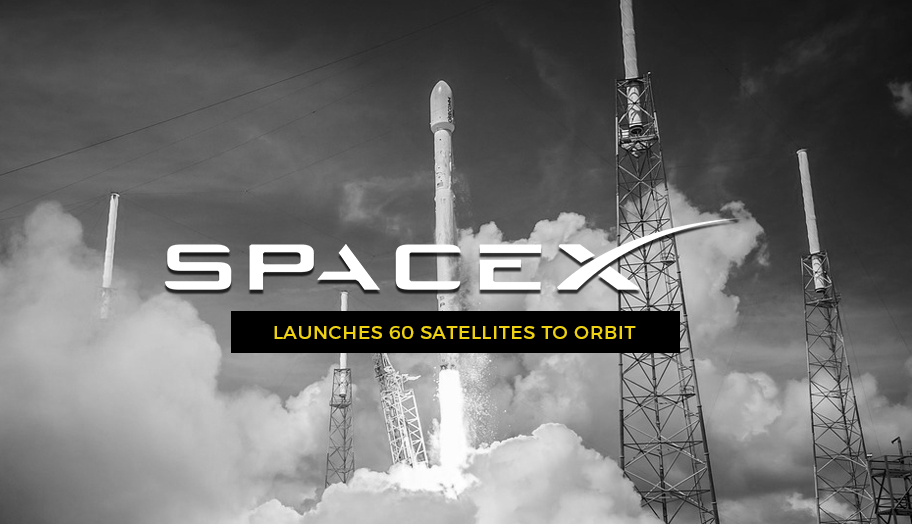Space Exploration Technologies Corp. or SpaceX has launched 60 mini-satellites into space at once in its move to build a massive broadband-from-space business.
The company’s internet constellation called Starlink aims to launch thousands of orbiting transmitters to boost internet service across the globe. The Falcon 9 rockets carry the satellites that took off last Monday, Nov. 11 at Canaveral Air Force Station in Florida.
This is the second mission, after the Starlink flight back in May this year. SpaceX plans to launch dozens more next year, as it builds its network and add more coverage area.
While the mission indicates a cutting-edge technology, astronomers show pang of concern over the Starlink satellites. According to James Lowenthal, an astronomer at Smith College, the train of Starlink imitates the stars. “I felt as if life as an astronomer and a lover of the night sky would never be the same. It will look as if the whole sky is crawling with stars,” said Dr. Lowenthal.

Scientists are also skeptical about the Starlink satellites, saying that these could have impacts.
As a response to the growing concern in the impact of Starlink, SpaceX founder Elon Musk said on Twitter that the satellites worked. Musk mentioned that the Starlink satellite helped him send his tweet.
SpaceX requested permission from the Federal Communications Commission to launch about 30,000 satellites, on top of the 12,000 approved. If the mission were successful, Earth’s orbit would have more than eight times as many satellites.
Musk plans to offer high-speed internet connection service with global coverage. He plans to offer the plan in 2020, servicing northern US and Canada clients.
Aside from the Starlink satellites, SpaceX also launched first stage boosters in Atlantic. These boosters are designed to be used ten times and would help speed up internet connection.













